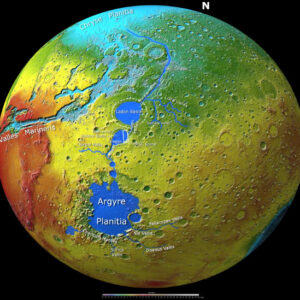Recent archaeological findings suggest that sophisticated civilizations may have existed long before the Ice Age, challenging conventional timelines of human development. These discoveries have sparked significant interest and debate among researchers and historians.

Excavations at various sites around the world have uncovered artifacts and structures that point to advanced levels of societal organization and technological prowess. For instance, in regions of Turkey and the Middle East, intricate stone carvings and megalithic structures have been dated to periods well before the traditionally accepted rise of known ancient civilizations such as the Egyptians and Mesopotamians.
One of the most striking discoveries comes from Göbekli Tepe in Turkey, where massive stone pillars arranged in circular formations suggest complex construction techniques and a high degree of social coordination. These structures are estimated to be over 12,000 years old, predating the end of the last Ice Age by several millennia. The site has provided compelling evidence that early humans were capable of monumental architectural projects previously attributed only to later, more documented civilizations.

Additionally, underwater archaeological explorations off the coasts of Japan and India have revealed submerged cities that may date back to a similar time period. These underwater ruins, such as those near Yonaguni in Japan, feature large, geometric stone formations that some researchers believe could be remnants of human-made structures. While still controversial, these findings suggest that rising sea levels following the Ice Age may have submerged evidence of these early civilizations.

The implications of these discoveries are profound, prompting a reevaluation of the timeline of human history. If advanced civilizations did exist before the Ice Age, it would suggest that human societies were more complex and technologically capable at an earlier stage than previously thought. This could lead to new insights into the development of human culture, technology, and societal organization.
As research continues, archaeologists and historians are hopeful that further evidence will emerge to clarify the extent and nature of these ancient civilizations. These findings not only challenge our understanding of human history but also inspire a deeper appreciation for the ingenuity and resilience of our early ancestors.







